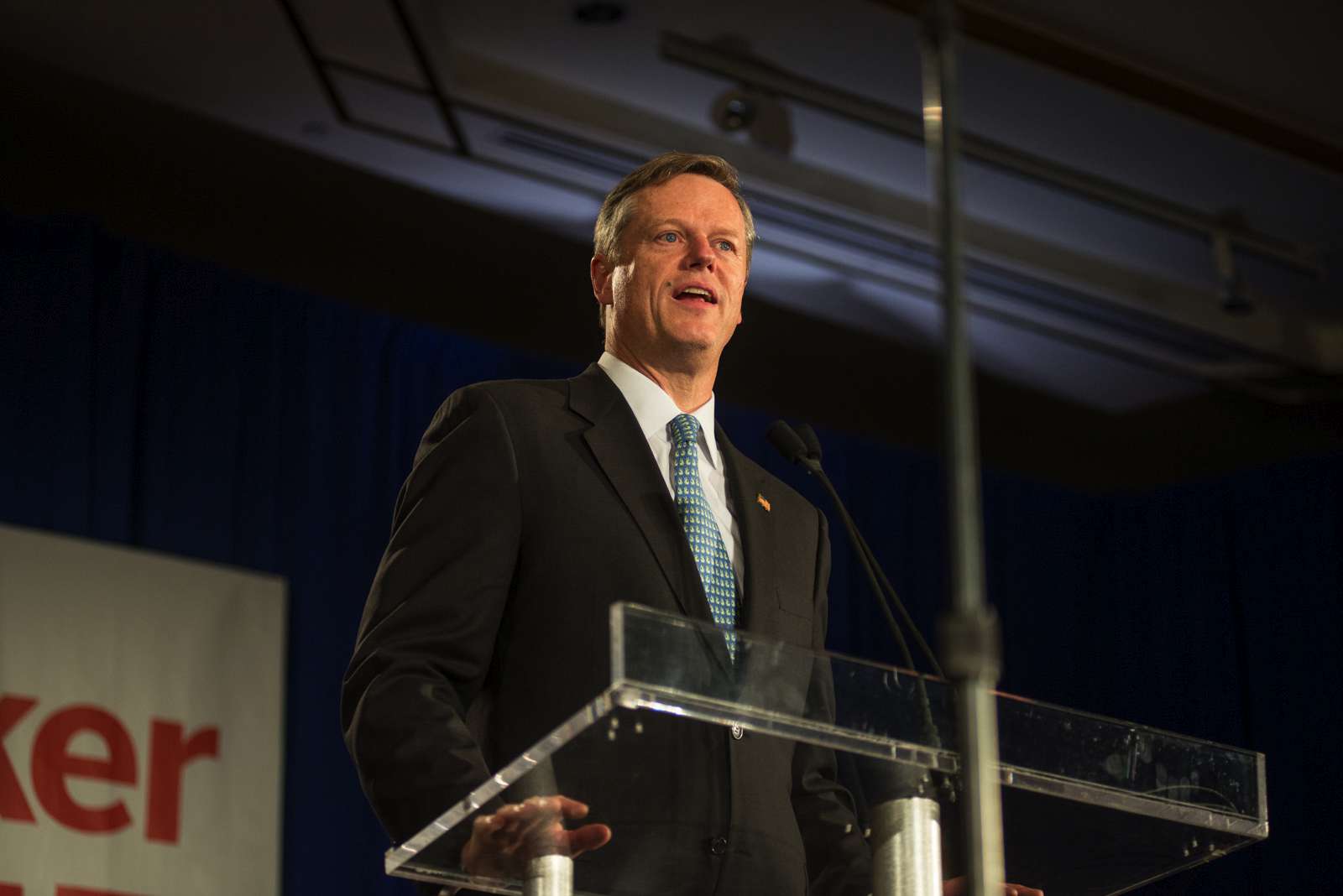Now that the Associated Press has named Republican Charlie Baker the 72nd Governor of Massachusetts, the Commonwealth is about to get a facelift. Whatever Baker chooses to do with his new title, there are a few issues we at The Daily Free Press would like to see addressed in the next four years.
As college students, our first priority is higher education, particularly the dilemma of affording it. Granted, it likely won’t be Baker’s — or any governor, for that matter — priority to remedy the issues of affording college. The federal government is responsible for regulating loans and cutting costs, but it is the governor’s responsibility to work with Washington, D.C. to ensure that college students’ needs are met. Massachusetts is home to some of the best universities and colleges in the country and could be a leader within the national government for calling attention to college affordability.
U.S. Sen. Elizabeth Warren has been a strong advocate for reducing the weight of student loans, calling for several reforms on loan forgiveness within the Senate. Although her latest, the Bank on Students Emergency Loan Refinancing Act, which would allow students to refinance their loans, was blocked in the Senate, her efforts for reform persist. Perhaps with the assistance of a governor equally interested in higher education reforms, Warren’s efforts in the District of Columbia could become a reality in Massachusetts and the rest of the United States.
Baker has published a clear agenda for his higher education goals, which entails a system-wide reform of the public university system. His plan includes an emphasis on online learning, three-year degrees and co-op programs, in which students could earn money while working in their field of study. We’ve said before that these reforms are both cost-effective and practical, and we hope Baker is able to execute them for our generation.
“We need to make higher education more affordable and do a better job of connecting schools to employers, so that all of our high school graduates can have a real chance at a bright future right here in Massachusetts,” Baker said in a June press release. “Unless we act now to deepen the connections between the public education system and the demands of the workplace, we will continue to see jobs migrate to other states and countries, along with employment and career opportunities for our young people.”
As residents of a large city, public transportation is also high on our agendas. We are bombarded with news of plans to renovate the Massachusetts Bay Transportation Authority Green Line, Red Line and Massachusetts Turnpike, but we have not actually seen tangible evidence of any change – just blueprints. While plans are underway to rebuild transit cars, the fundamental issues of Boston’s infrastructure lie in the signaling system, which causes the cars to become backed up, thereby causing significant delays and more damage to the infrastructure. Baker should focus on remedying these issues for long-term improvements, instead of simply addressing the immediate problem.
Still, Baker has emphasized keeping up with the current infrastructure rather than trying to tackle the roots of the Commonwealth’s public transportation problems.
“In prioritizing public transportation projects, I will seek to ensure our existing infrastructure is properly maintained and that any new projects balance economic benefit with environmental impact,” Baker wrote in a Transportation for Massachusetts questionnaire. “I also recognize that people seek more choices in transportation and that public transportation projects should benefit people across the state, not just in the Boston area.”
With over one quarter of Boston University students living off campus, affordable housing in one of the most expensive states is of the utmost importance. Baker’s emphasis on housing for young people is certainly reassuring for students, especially in light of the issues of housing safety in Boston that have recently been exposed.
“We need more housing in Massachusetts, and we especially need more housing that working families and young people can afford,” Baker said in the questionnaire. “Part of the solution is more housing, and pursuing the use of currently unused state-owned land as a cheaper option for the development of housing.”
While these issues do have a strong likelihood of being addressed within Baker’s term, there are a few other things that may miss the mark. While Baker has made some concessions on environmental improvements, this has never been at the forefront of governors’ agendas, and Baker is not likely to change that.
And while we would love to see recreational marijuana be legalized in the near future, it’s been two years since medical marijuana was approved, and not one dispensary has opened. Baker would do well to spur that reform before tackling anything more extreme.
Despite his victory, Baker should keep in mind that he is now a red governor in a blue state, and it’s not as if he won by a landslide. However, with cooperation, patience and practical action, Baker has the chance to bring forth the changes Massachusetts needs.












































































































